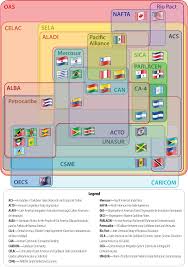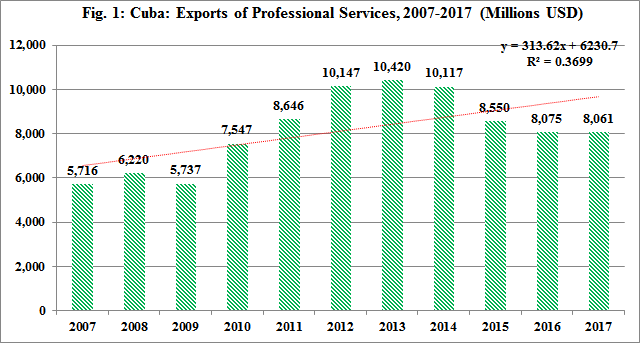
Army University Press
Raul Castro, head of the ruling Communist Party and former president, said that in the wake of Venezuela’s economic collapse, Cuba’s economic situation “could get worse” in the coming months (Miami Herald/CFR) and that the diversification of the economy could be affected.
Between 40,000 and 50,000 barrels of Venezuelan oil are sent to Cuba daily, despite the fact that Venezuelan oil production has declined more than 60 percent in recent years, notes Julio Borges, president of the National Assembly of Venezuela and Juan Guaidó’s ambassador to the Lima Group:
Venezuela’s economic subsidy reached its peak at about 12 percent of Cuba’s gross domestic product. During the boom years, around 90,000 barrels of crude oil daily, representing $9 billion annually, were sent to Cuba. Some estimate that over approximately 15 years, Venezuela has subsidized $35 billion in oil to Cuba.
Cuba hijacked Venezuela
Cuba is more than an inspiration and a role model for the Chavismo government. The island nation has hijacked Venezuela and is effectively holding it hostage, Borges writes for The Times:
Important government decisions are being made in Havana, not in Caracas. The Castro regime’s tentacles extend to several Venezuelan governmental institutions, including the armed forces and the offices of immigration and health services.
In a speech at the United Nations in October, the secretary general of the Organization of American States, Luis Almagro, said that at least 22,000 Cubans have infiltrated Venezuela’s government and its institutions. They have done so, he explained, holding important positions in government agencies and in the national security and intelligence services.
Exports of professional services (e.g. doctors, nurses, teachers, and other healthcare and educational personnel) represent the principal source of hard currency for the Cuban government, adds Mario A. González-Corzo, Associate Professor in Economics and Business at The City University of New York (CUNY). As Figure 1 indicates, in 2007, Cuba exported an estimated 5.7 billion USD in professional services; this figure reached approximately 8.0 billion USD in 2017, representing an increase of 41% during the 2007-2017 period, he writes for Cuba Insight: a publication of the Cuban Studies Institute.








